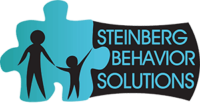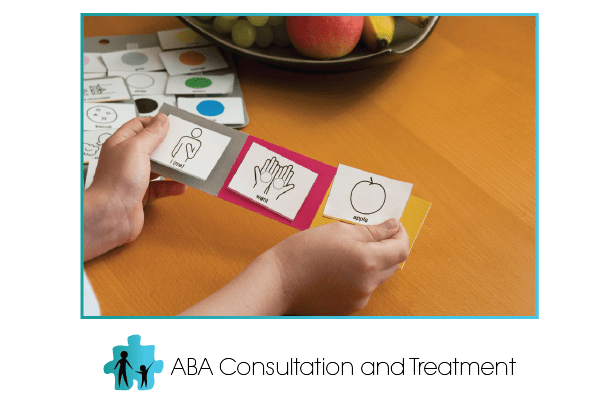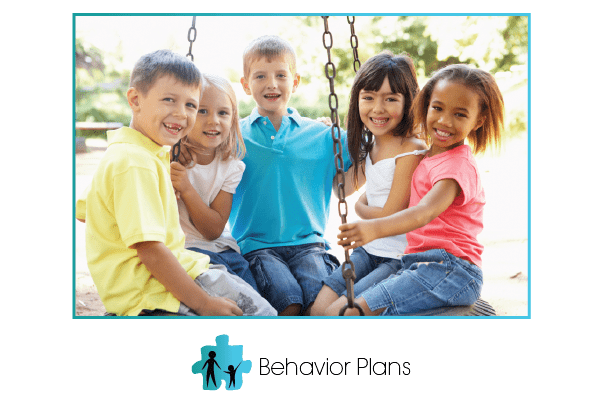Autism spectrum disorder (ASD) is being diagnosed at younger ages than ever before.
Discerning signs can be difficult. Not only that, but now you are balancing the additional
responsibility of a new baby along with caring for yourself and a host of other things life throws
at you. It can all become a blur! Nevertheless, early identification is vital. The sooner a diagnosis
is made, early intervention can begin and the sooner you will observe meaningful changes in
the behavior of your child and the life of your family. Conversely, symptoms can worsen the
longer your child goes without intervention. Below I have listed seven early signs of ASD. If you
observe any of them, take notice and keep a dated log of their frequency and duration so that
you will be able to share all relevant information with your pediatrician. The doctor needs your
insight to help him/her to make an accurate diagnosis. As the parent, you are the most
pertinent source of reliable information since you know your child the best!
When detecting early signs of autism in your child you will be focusing more on what you are
not seeing as opposed to the behavior presented. Here is a list of some early signs of ASD you
may detect in your child.
- Child does not make eye contact or very little eye contact. When holding your child, notice when you talk or sing to them whether they engage in eye contact with you.
- Child does not visually follow moving objects or peopleWhen holding up a toy and moving it back and forth, notice whether your child follows or tracks the toy with their eyes. You can also notice when you or others walk by the child, do they follow or track you as you pass by?
- Child does not respond to their nameWhen calling your child by name, does he/she respond by looking in your direction or remain engrossed in their present activity?
- Child does not engage in social smilingWhen smiling at your child or providing joyful expressions, notice whether he/she responds by smiling back or imitating a similar joyful expression. You may find that while you are smiling and cooing he/she may be more interested in playing with your collar or necklace, seemingly oblivious to your engagement.
- Child does not reciprocate any communication soundsWhen talking to or making sounds to your child, notice whether they begin to babble or try to imitate those sounds. Notice when you are not holding your child or immediately near them whether they make noise or babble to gain your attention.
- Child is fixated on repetitive movements. This is often exhibited in the form of fixation on items such as ceiling fans, perseverating on the repetitive movement as it turns. This can present with various objects as well as patterns on floors and ceilings.
- Child interacts with toys in nonfunctional ways.This can be observed when offering your child a toy car. He/She may only focus on a specific part of the car like a wheel, repeatedly spinning it while ignoring the car as a whole.



